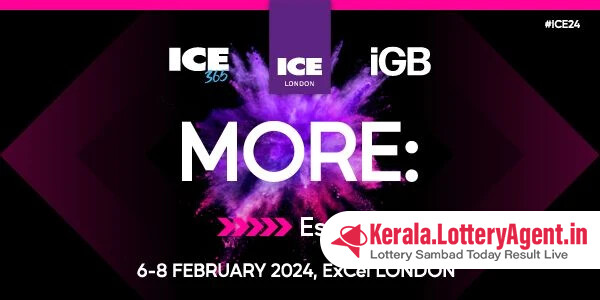
As the gaming industry assembles at ICE 2024, the fluctuating fortunes of the esports market are sure to ignite discussions among industry experts. Cast back two years, and the esports phenomenon was blossoming in a pandemic-stricken world. Virtual sports, along with niche interests like Belarusian football and Armenian table tennis, stood in the limelight, not to mention esports giants such as FIFA, Dota 2, and League of Legends.
However, that initial enthusiasm has somewhat fizzled out. We’ve witnessed a marked decline through 2023, with the market barely maintaining a stable plateau. Consequently, the focus now shifts to entities like Rivalry, the up-and-comers, as well as the underperformers like Entain and esports Entertainment Group (EEG), encircled by intense data rights disputes involving key players such as Bayes and Grid.
Starting with the less fortunate, Entain hasn’t quite lived up to expectations. After purchasing Unikrn, a pioneering esports operator, in 2021, the company had high hopes. December 2022 saw the brand relaunch with an agenda set for conquering the global sphere. Yet, progress remained stagnant, and within a year, Entain has decided to downscale Unikrn’s direct-to-consumer operations, as confirmed by a company statement to iGB.
On a brighter note, Entain’s acquisition of Tiidal Gaming NZ, owner of esports wagering developer Sportsflare, for £7.9 million, shows promise. The industry is yet to witness the fruits of this union, but anticipation lingers for potential strategic advances.
Conversely, Esports Entertainment Group faces a grim scenario. The Q1 report for 2023 shows a staggering 71.9% drop in revenue. May 2022 had already hinted at trouble with the company voicing concerns over its viability for another year. Nevertheless, EEG is still in the game, now spearheaded by a new CEO, Alex Igelman. This year heralded major restructuring, including the sale of its Spanish gaming license and the Bethard business. Additionally, EEG acquired esports content creator Drafted.gg, hinting at possible aspirations akin to EPSN BET in crafting an esports-centric entertainment platform that merges betting and content.
Rivalry, on the other side of the coin, is the industry’s golden child. The niche esports betting operator is something of an idol for the millennial and Gen Z demographics, capturing the imaginations and wallets of this audience. About 80% of their customer base is under 30, showing its targeted approach is paying dividends. The brand’s advancement into the casino sector, demonstrated with the Casino.exe mobile app launch in Ontario, is a strategic next step.
Lastly, the legal strife over data looms large, with Bayes and Grid at the forefront. The crux of the matter involves unauthorized data being peddled by third-party suppliers, acquired from open-source esports events. Cheaper third-party data appeals to smaller operators, presenting legal challenges to the use of such information.
Amidst the industry’s turbulence, GR8 Tech marks a year of achievement with the introduction of GR8 Sportsbook. This platform stands as a testament to innovation in iGaming, offering a comprehensive array of sports and esports events alongside 24/7 fantasy sports. With an in-house team managing over 25,000 daily events, GR8 Sportsbook promises a dynamic and immersive betting engagement.
In conclusion, as we traverse the current esports landscape, the narrative is painted with contrasts. From operators grappling with downturns to others exploring new avenues and legal battles ensnaring data rights, the esports sector remains an ecosystem of vigor and volatility. The question that now persists: What lies ahead in defining esports data rights and market growth remains to be seen as ICE 2024 approaches.












